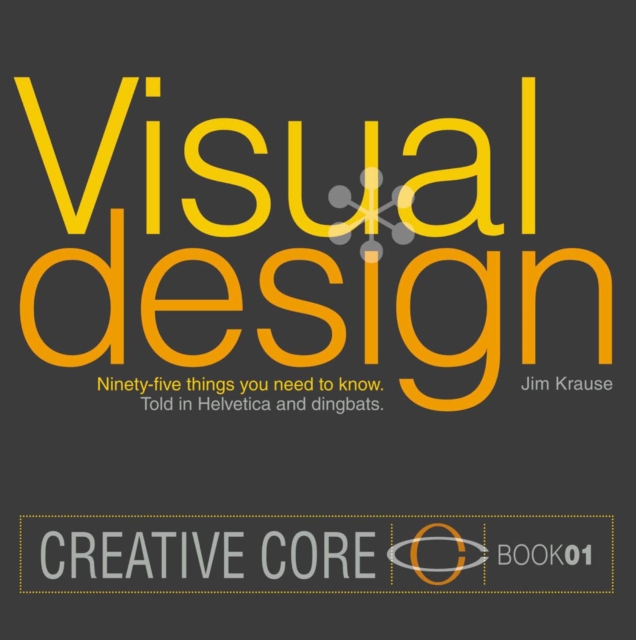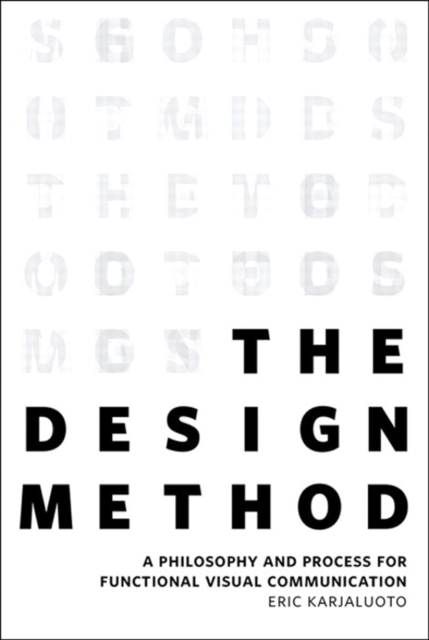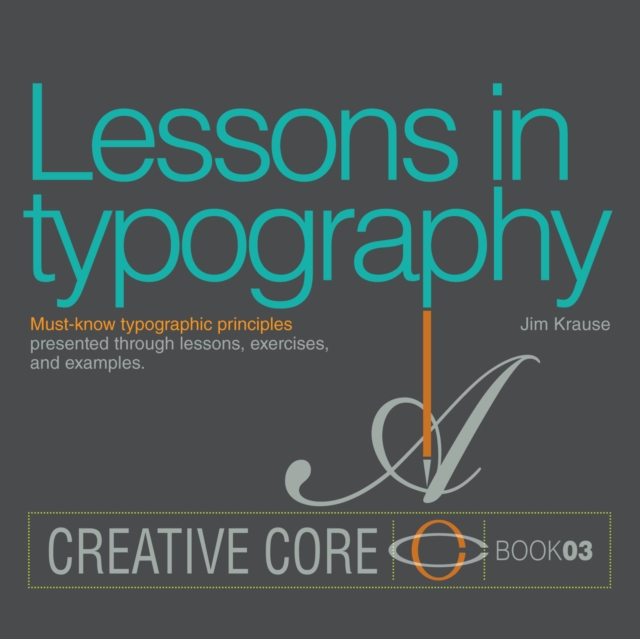In 1935, the Russian-born Jewish architect Berthold Lubetkin and his firm Tecton designed Highpoint, a block of flats in London, which Le Corbusier called 'revolutionary'. Three years later, Lubetkin completed a companion design. Yet Highpoint II felt very different, and the sense that the ideals of modernism had been abandoned seemed hard to dispute. Had modern architecture failed to take root in England? This book challenges the belief that English architecture was on hiatus during the 1930s. Using Highpoint II as a springboard, Deborah Lewittes takes us on a journey through the defining moments of modern English architecture - the 'high points' of the period surrounding Highpoint II. Drawing on Lubetkin's work and his writings, the book argues that he advanced influential, lasting theories which were rooted in his design for Highpoint II. Lubetkin's work is explored within the context of wider Jewish emigration to London during the interwar years as well as the anti-Semitism that pervaded Britain during the 1930s. As Lewittes demonstrates, this decade was anything but quiet. Providing a new perspective on twentieth-century English architecture, this book is of interest to students and scholars in architectural history, urban studies, Jewish studies, and related fields.
Get Berthold Lubetkin's Highpoint II and the Jewish Contribution to Modern English Architecture by at the best price and quality guranteed only at Werezi Africa largest book ecommerce store. The book was published by and it has pages. Enjoy Shopping Best Offers & Deals on books Online from Werezi - Receive at your doorstep - Fast Delivery - Secure mode of Payment
Digital Rights Management (DRM)
The publisher has supplied this book in encrypted form, which means that you need to install free software in order to unlock and read it.
Required software
To read this ebook on a mobile device (phone or tablet) you'll need to install one of these free apps:
To download and read this eBook on a PC or Mac:
-
Adobe Digital Editions
(This is a free app specially developed for eBooks. It's not the same as Adobe Reader, which you probably already have on your computer.)
 Jacket, Women
Jacket, Women
 Woolend Jacket
Woolend Jacket
 Western denim
Western denim
 Mini Dresss
Mini Dresss
 Jacket, Women
Jacket, Women
 Woolend Jacket
Woolend Jacket
 Western denim
Western denim
 Mini Dresss
Mini Dresss
 Jacket, Women
Jacket, Women
 Woolend Jacket
Woolend Jacket
 Western denim
Western denim
 Mini Dresss
Mini Dresss
 Jacket, Women
Jacket, Women
 Woolend Jacket
Woolend Jacket
 Western denim
Western denim
 Mini Dresss
Mini Dresss
 Jacket, Women
Jacket, Women
 Woolend Jacket
Woolend Jacket
 Western denim
Western denim
 Mini Dresss
Mini Dresss










